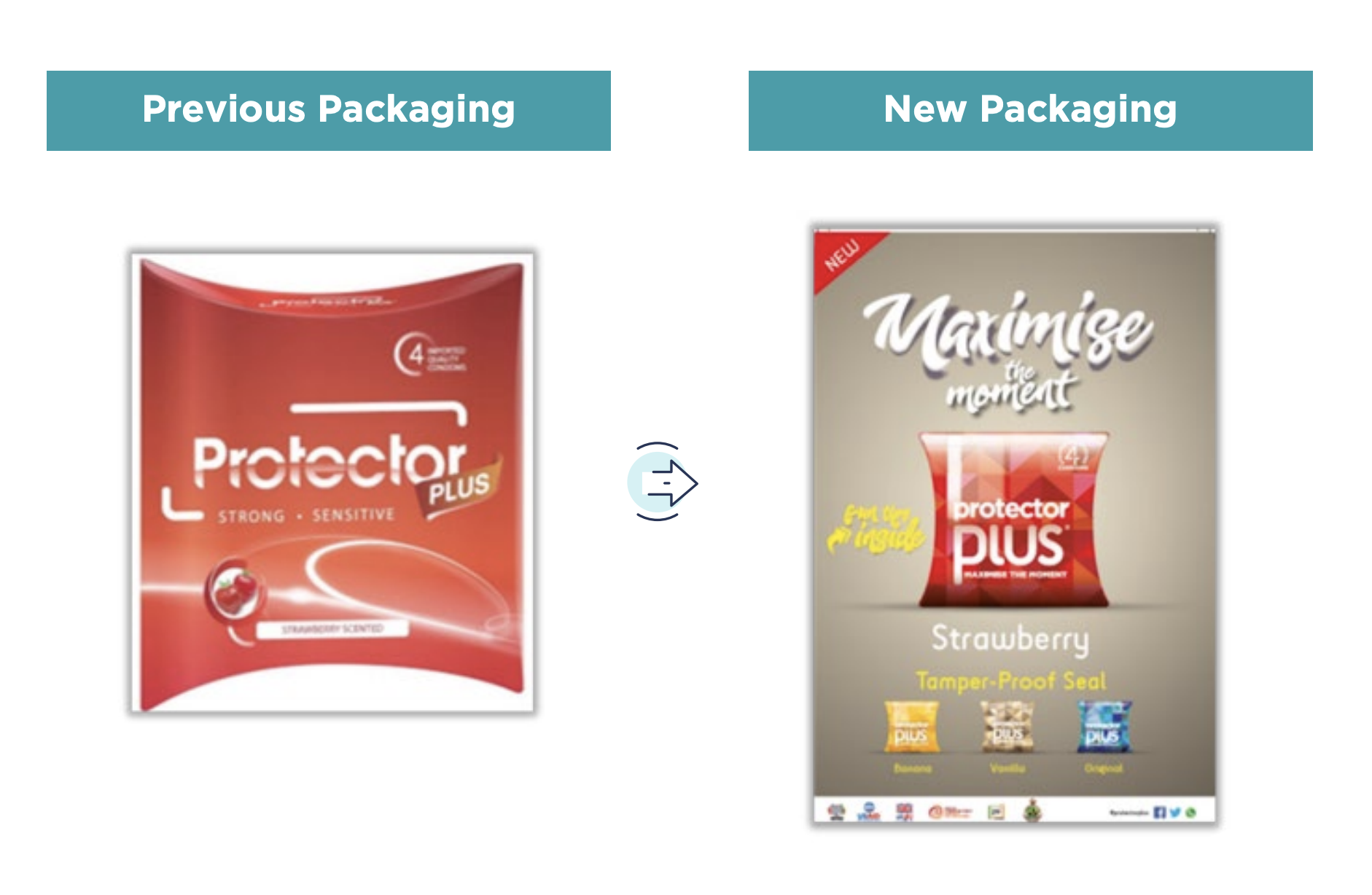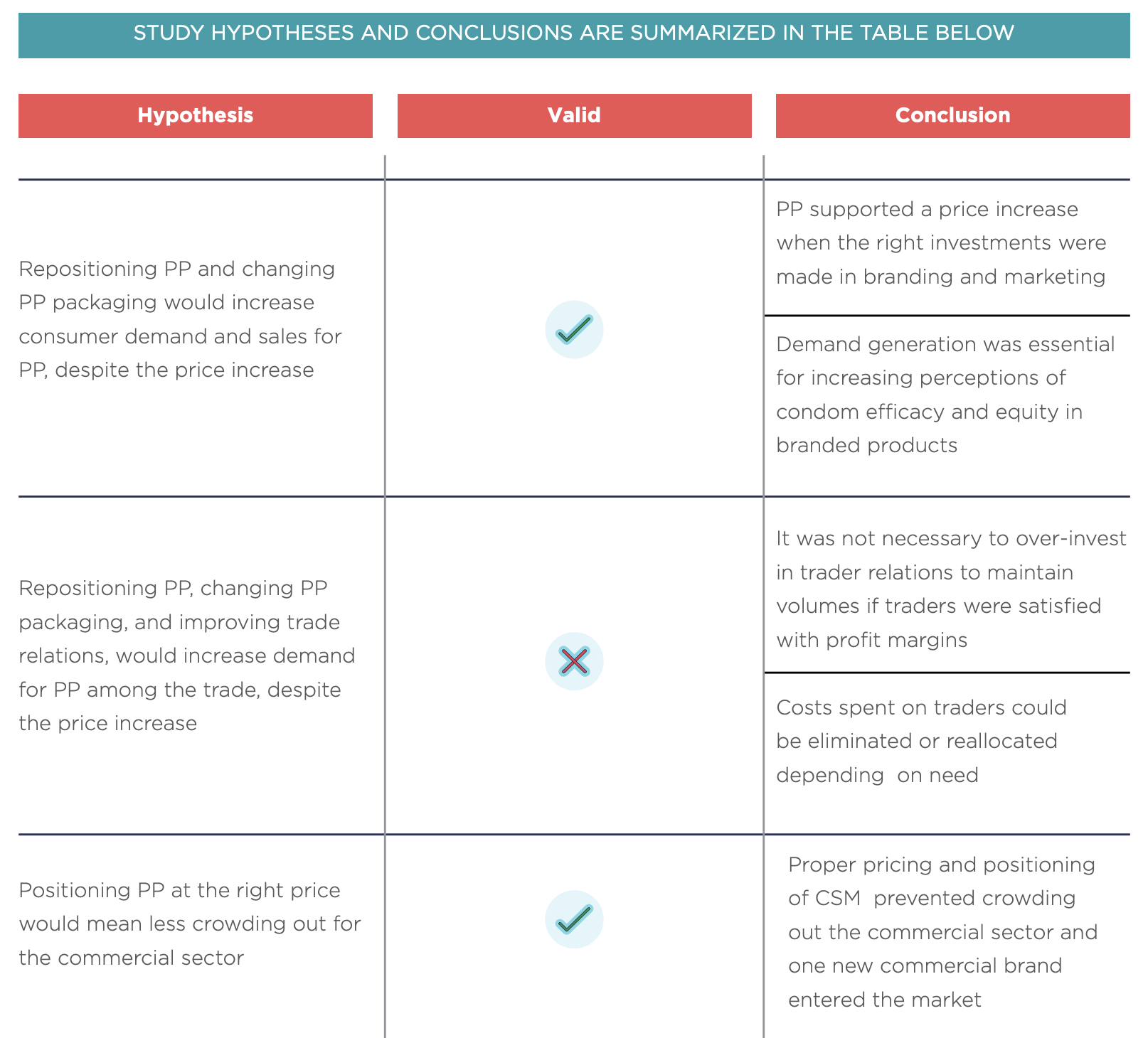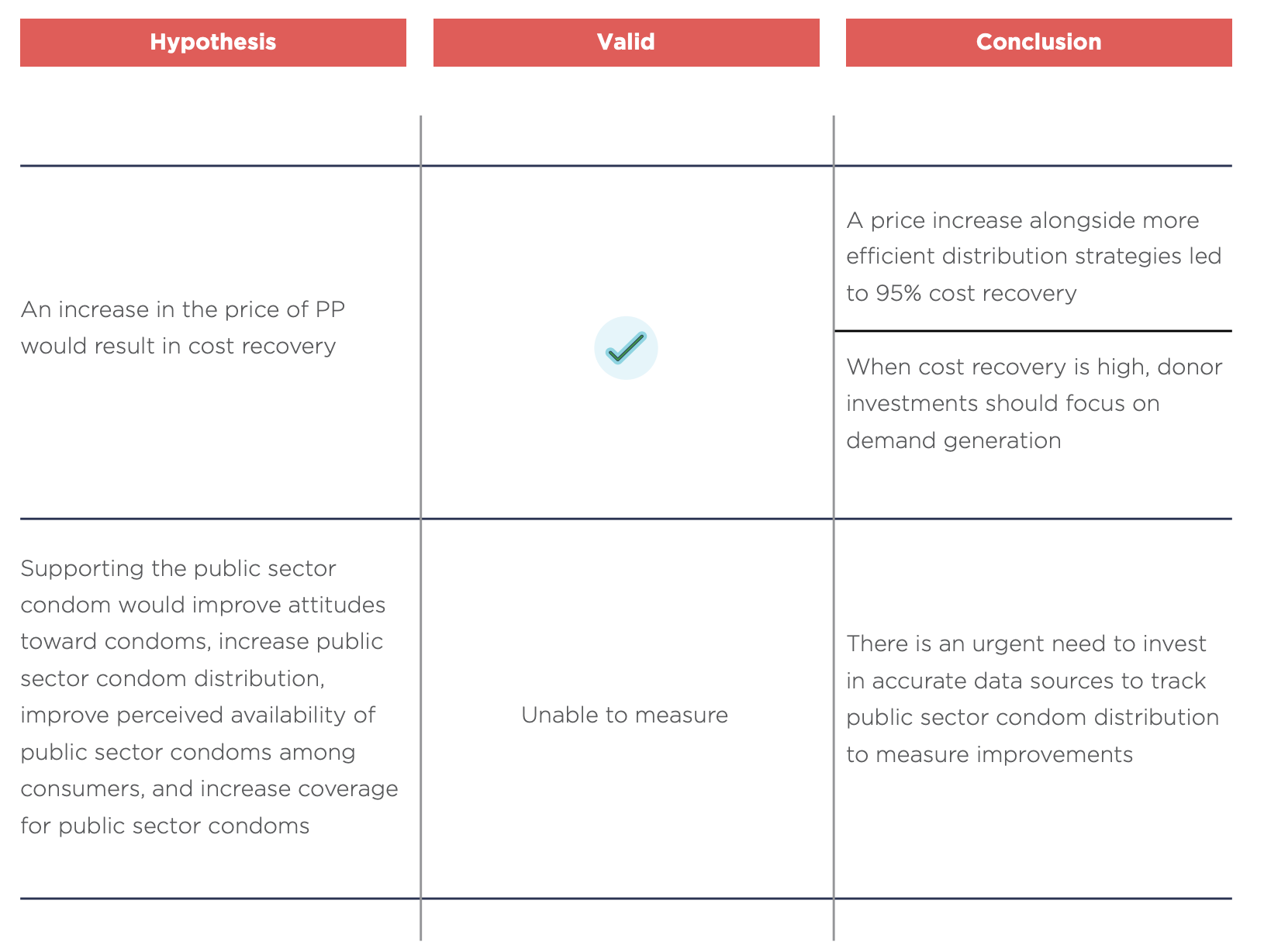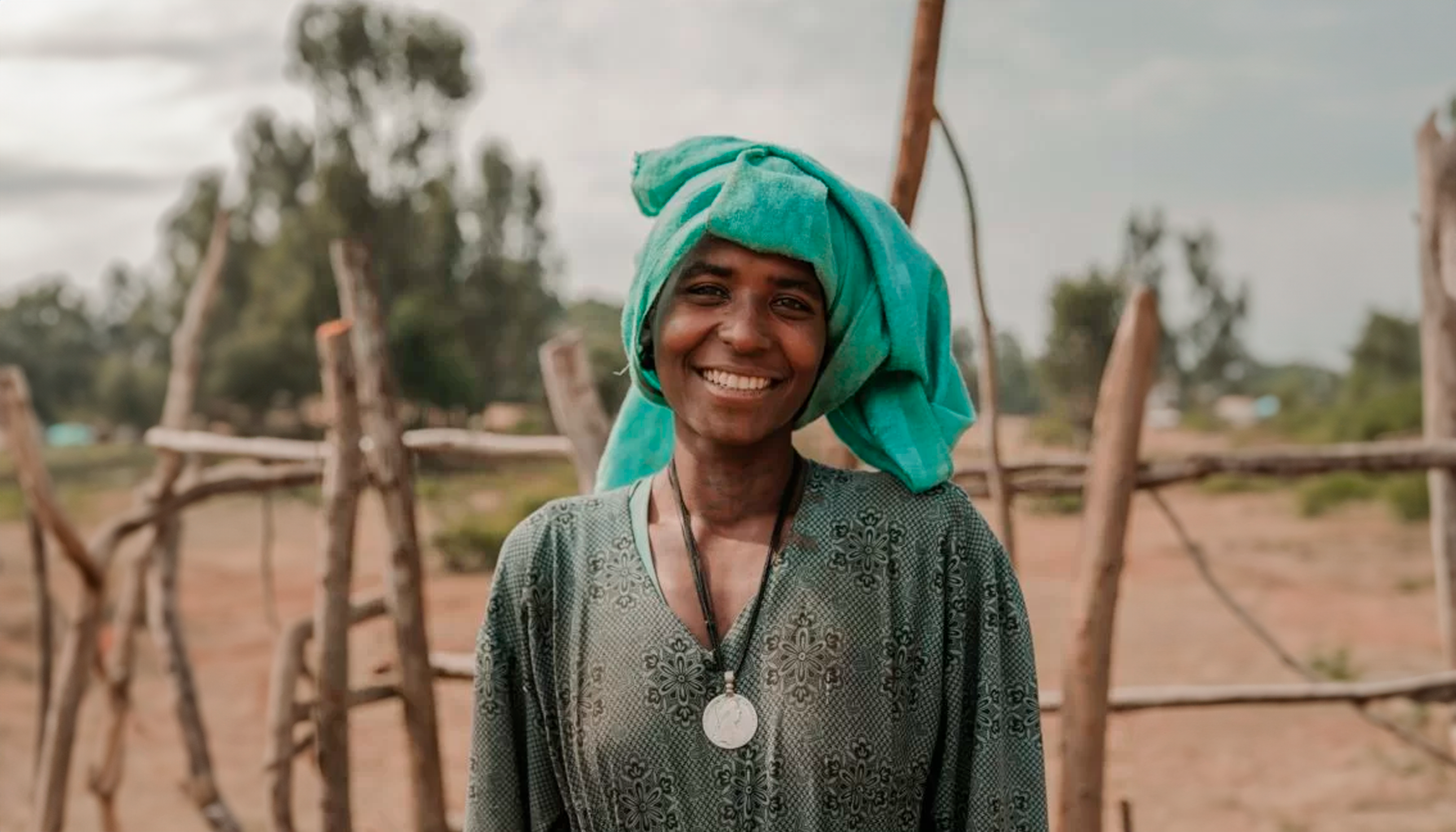EXECUTIVE SUMMARY
Zimbabwe has one of the strongest condom programs in Africa and, over time, the government and international donors have made significant investments in condoms to prevent the spread of HIV. By 2016, the future of condom funding was uncertain. International donors were questioning their investments and were focused on creating a self-sustaining condom market. Removing financial support could mean condom insecurity and losing gains made in HIV/AIDS prevention through condom programming. We tested the hypothesis that the right investments in condom social marketing could help “all boats rise” and improve the market for condoms. The study provided evidence that donors and decision-makers could use to inform further investments in Zimbabwe and other condom markets.
SERVICES
- Experimental Study Design
- Health Market Analysis
- Strategy and Communications
- Team and Stakeholder Engagement
Can All (Condom) Boats Rise
Even in an Economic
Crisis?
In Zimbabwe, HIV prevalence among men and women of reproductive age is 13%*. Zimbabwe has one of the strongest condom programs in Africa and, over time, the government and international donors have made significant investments in public sector (free) condoms and social marketed condoms (at a subsidized price) to prevent the spread of HIV. Since 1996, Population Services International (PSI) has been operating the largest condom social marketing (CSM) program and has nearly a quarter of the market share.
By 2016, the future of condom funding was uncertain. International donors were questioning their investments in Zimbabwe’s condom market. Removing financial support could mean condom insecurity and losing gains made in HIV/AIDS prevention through condom programming. Donors were focused on creating a selfsustaining condom market: one where social marketed condoms operated at cost recovery, free condoms would be better targeted to those most in need, and an increased number of commercial brands would appear on the market.
*UNAIDS 2018
“That’s where we came in.”
Databoom supported an experimental study to measure the impact of CSM for increasing overall supply and demand for condoms on the Zimbabwe market. In collaboration with PSI, we tested the hypothesis that the right investments in CSM could help “all boats rise” and improve the market for all condoms. The study provided evidence that donors and decision-makers could use to inform further investments in CSM and support for the overall condom market. This study was a randomized control trial comparing five experimental and five control districts. Baseline and follow-up surveys were conducted among consumers and the trade. The intervention took place after a steep increase in the price of the social marketed condom, Protector Plus (PP).
After the price increase, PSI repositioned PP as the “caring and loving” condom to appeal to consumers who view sex in terms of intimacy and caring. Repositioning PP was important for segmenting the market and to avoid crowding out the commercial sector. PP had also been acting as a “pseudo” and costly public sector condom that was competing with the government’s free condom. This series of photos represents the “caring need state” PSI used for PP’s repositioning and to distinguish it from other condoms on the market.
In addition, PSI created new, tamper-proof packaging to increase confidence among consumers. New packaging was also intended to enhance value in the mind of the consumer, in light of the price increase.

Both experimental and control arms benefitted from mass media promotion of PP (radio and social media), basic distribution of PP, and media bursts to promote PP during key periods of the year. The experimental arm included increased product visibility in stores (as featured below), extra PP in-store promotions, community-level interventions in high-risk venues like bars, and improved relationships with the trade to test the impact of higher intensity CSM activities on study outcomes.

All of this took place while the economic and political context in Zimbabwe was rapidly deteriorating. By the time baseline surveys among consumers and traders were completed, the economy had deteriorated to such an extent that the purchasing power of consumers and the trade had declined significantly. Several intervention activities were also delayed or disrupted because manufacturers could not procure basic materials; for example, paper and ink for the new PP packaging.
In the experimental arm, PP recovered from the price increase and increased the value of the condom in the mind of the consumer. The price increase also opened opportunity for the commercial sector to enter the Zimbabwe market at lower price points. More efficient distribution systems also meant that PP reached cost recovery.
We uncovered insights about the importance of demand generation and the trade’s singular focus on price margins. We also found that development dollars would be better spent on demand generation (rather than just commodities) and supporting the government to collect better data to inform decision-making about the market overall.


IMPACT
Despite the economic crisis, the Zimbabwe study demonstrated the effectiveness of well-executed CSM and the potential for “all boats to rise.” The donor is using the results of this study to inform a $95 million investment Zimbabwe’s condom market. PSI is using the results to advocate with the government for accurate evidence to inform decision making and more deliberate strategies to target free condoms.




